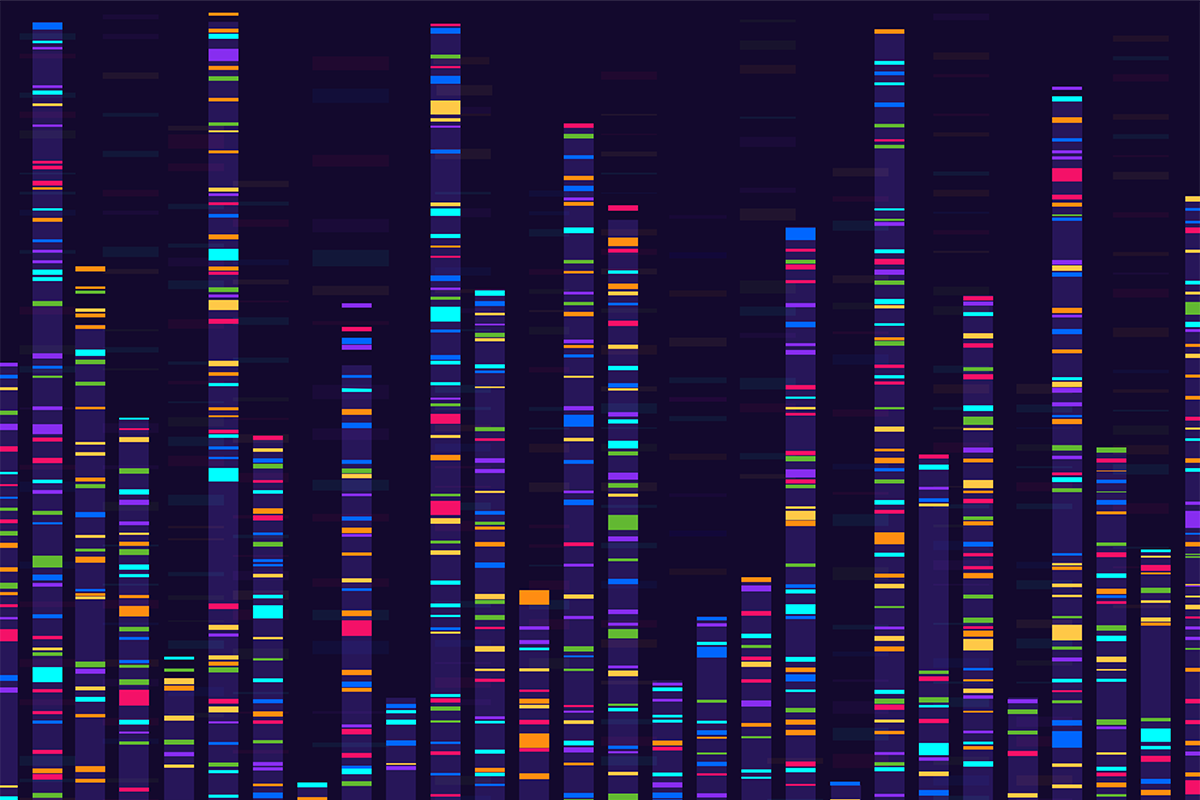
ECOG-ACRIN Establishes Genomics Subcommittee
December 22, 2021
From the Co-Chairs, December 2021
December 22, 2021Now Enrolling: EAQ201 to Assess COVID-19 Related Financial Hardship and Distress in Women Who Decline TMIST Participation

EAQ201 – COVID-19 Related Financial Hardship and Distress in Women Who Decline TMIST (EA1151) Participation
The study chair for this trial is Ruth C. Carlos, MD (University of Michigan Comprehensive Cancer Center). The study co-chair is Gelareh Sadigh, MD (Emory University/Winship Cancer Institute).
The Tomosynthesis Mammographic Imaging Screening Trial (TMIST or study EA1151) is a randomized controlled trial that seeks to identify women for whom digital breast tomosynthesis (DBT) may outperform (2D) digital mammography in reducing advanced breast cancer development. The study aims to enroll about 129,000 healthy women ages 45 to 74 who plan to have regular mammograms. In addition, study leaders and participating mammography clinics strive to include a diverse group of women. Participants will be asked to self-identify their ethnicity (Hispanic or Non-Hispanic) and race (American Indian/Alaska Native, Asian, Native Hawaiian/Other Pacific Islander, Black or African American, White, or More Than One Race). Diverse participation will make the results of TMIST generalizable to a broad population.
Ultimately, the results from TMIST will help establish a personalized screening approach that tailors mammography for each woman based on her own genetics and individual risk factors.
More than 62,000 women have joined TMIST so far. TMIST is the fastest growing National Cancer Institute (NCI)-sponsored trial of the COVID-19 era even though breast cancer screening rates declined during the pandemic. However, participating sites have reported that some individuals eligible to join TMIST may be declining to participate due to financial hardship and distress caused by COVID-19. Further, investigators hypothesize that COVID-19 related financial hardship and distress are more prevalent in women of color who decline TMIST participation than white and non-Hispanic/Latina women.
As a result, a supplemental TMIST trial, EAQ201, recently opened to help study leaders better understand the effects of the pandemic as an enrollment barrier. In a population of women of any race or ethnicity in the United States who meet the eligibility criteria for TMIST yet decline to participate, personnel at participating sites will offer participation in EAQ201. Women will complete a brief one-time survey and agree to contribute sociodemographic data such as race/ethnicity, age, education, marital status, annual household income, insurance, and nine-digit zip code.
The survey will gather data on their reasons for declining, COVID-related changes in their material condition (income, employment, and loss of insurance, for example), distress, fear of COVID-19 exposure, and decreased quality of life. Participants must be US residents and be able to complete questionnaires in English. The goal is to enroll a diverse group of 1,000 participants.
The primary endpoint of this observational study is to compare the proportion of women of color vs. white or non-Hispanic/Latina women who experience COVID-related financial hardship. This composite endpoint is defined as any psychological response (financial distress, food/housing insecurity) or change in their material condition.
Secondary objectives will compare the proportions of women in the two groups who experience other personal-level COVID-related factors such as financial distress and fear of exposure during medical care. In addition, the zip code information will allow researchers to pursue several exploratory objectives relating to sociodemographic characteristics (neighborhood socioeconomic status, insurance type, marital status, and more) and the impact of the pandemic at the federal, state, and local levels (e.g., number of COVID-19 cases, state or local unemployment during shelter-in-place policies, and more).
Learn more about EAQ201 at ecog-acrin.org.
![ECOG-ACRIN logo[19516]275×75](https://blog-ecog-acrin.org/wp-content/uploads/2021/03/ECOG-ACRIN-logo19516275x75.png)
